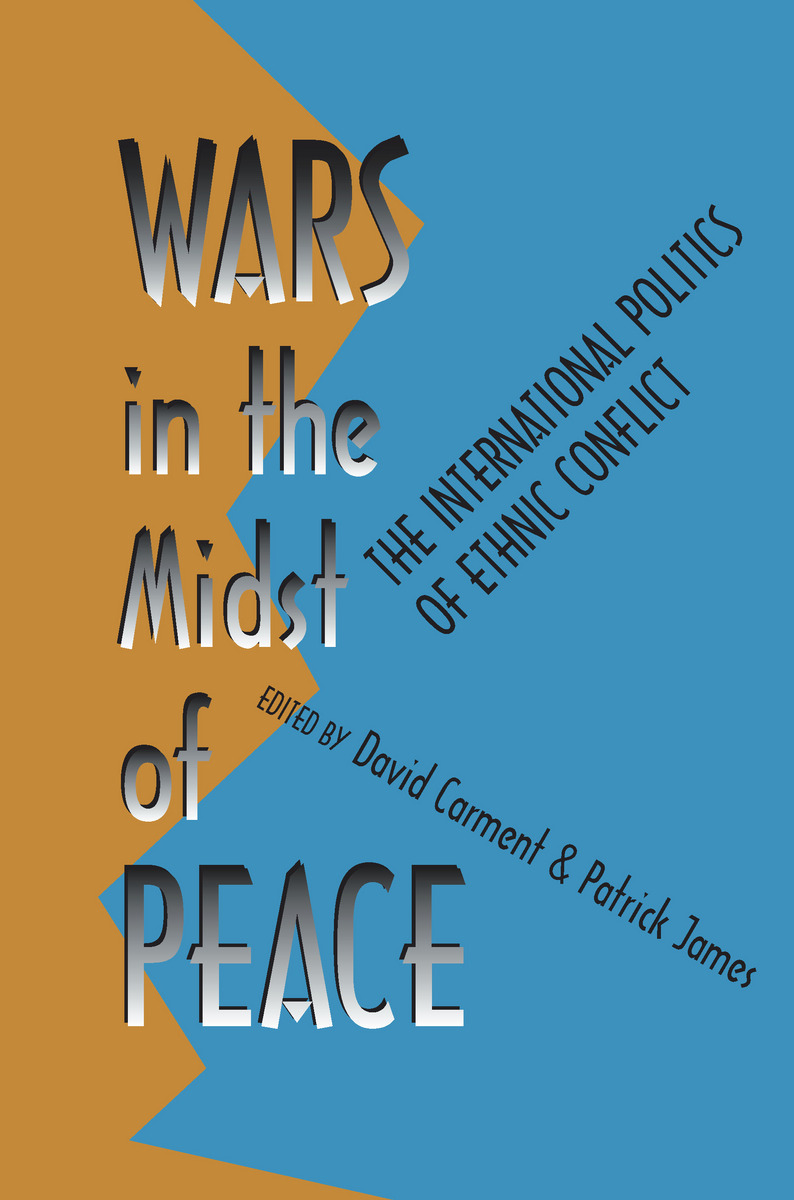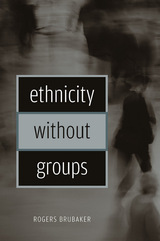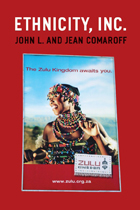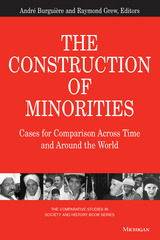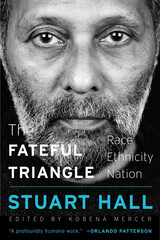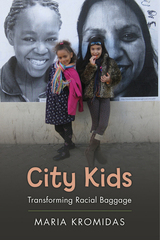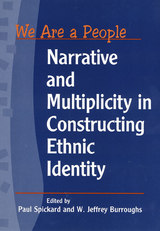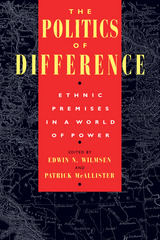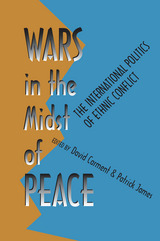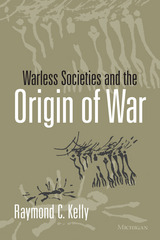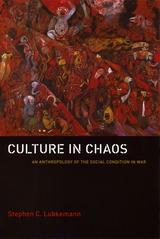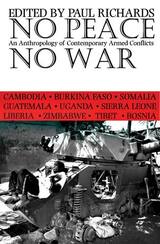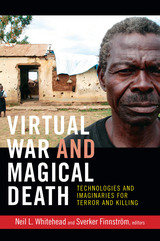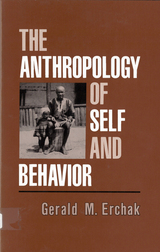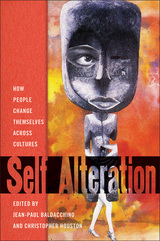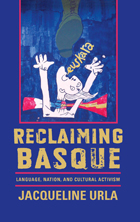eISBN: 978-0-8229-7179-5 | Paper: 978-0-8229-5626-6
Library of Congress Classification GN496.W37 1997
Dewey Decimal Classification 305.8
Violent conflicts rooted in ethnicity have erupted all over the world. Since the Cold War ended and a new world order has failed to emerge, political leaders in countries long repressed by authoritarianism, such as Yugoslavia, have found it easy to mobilize populations with the ethnic rallying cry. Thus, the worldwide shift to democratization has often resulted in something quite different from effective pluralism.
This volume of essays assembles a diverse array of approaches to the problems of ethnic conflict, with researchers and scholars using pure theory, comparative case studies, and aggregate data analysis to approach the complex questions facing today’s leaders. How do we keep communal conflicts from deteriorating into sustained violence? What models can we follow to promote peaceful secession? What effect does--or should--ethnic conflict have on foreign policy?
See other books on: Comparative Politics | Ethnicity | International relations | Peace | Wars
See other titles from University of Pittsburgh Press
